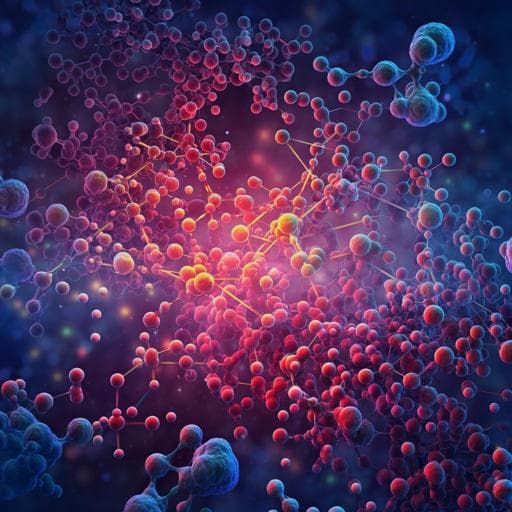
Medicine and Health
Single-cell transcriptomes identify patient-tailored therapies for selective co-inhibition of cancer clones
A. Lanevski, K. Nader, et al.
Discover how scTherapy, developed by Aleksandr Lanevski and colleagues, uses machine learning and single-cell transcriptomic profiles to redefine cancer treatment strategies. This innovative approach outputs tailored multi-targeting therapies that show not only efficacy but also low toxicity for patients battling advanced malignancies like AML and HGSC.
Related Publications
Explore these studies to deepen your understanding of the subject.







